Currently, in Vietnam, there are enterprises which often deliberately evade paying social insurance for their employees. This act directly affects the legitimate interests of employees. So, what should employees do when an enterprise evades paying social insurance?
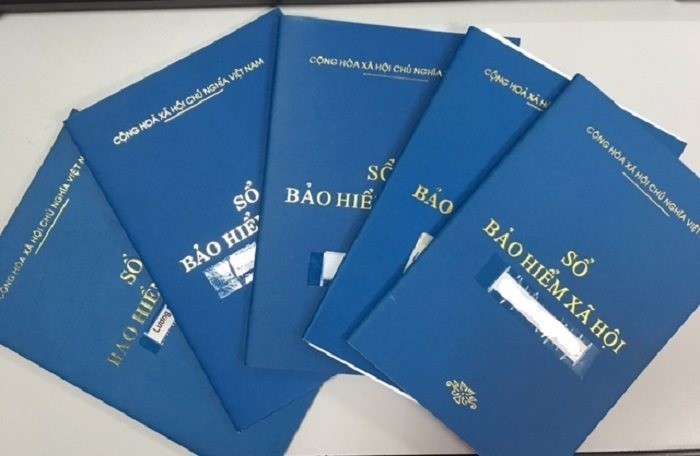
According to Clause 1 Article 118 of the Law on Social Insurance of Vietnam, employees, persons on pension or monthly social insurance allowance, persons having their period of social insurance premium payment reserved and other persons may request competent agencies, organizations or persons to review the latter’s decisions or acts when they have grounds to believe that such decisions or acts violate the law on social insurance and infringe their lawful rights and interests. Thus, to protect their lawful rights and interests, employees may request competent authorities to handle when enterprises evade paying social insurance. To be specific:
Firstly, employees may complain to the Board of Directors of the enterprise and the Grassroots Trade Union
According to Point a Clause 2 Article 119 of the Law on Social Insurance, employees may lodge first-time complaints with the agencies or persons that have issued these decisions or committed these acts. Because the enterprise that evades social insurance payments is the unit directly committing the violation, employees may immediately complain to the enterprise's Board of Directors about this issue.
Moreover, according to Clause 4 Article 4 of the Labor Code of Vietnam, trade union is the representative organization of a grassroots-level employees’ collective. Thus, this is also the organization directly related to the social insurance payment of enterprises. Therefore, employees may also complain to the Trade Union about the enterprise's behavior of evading social insurance payments.
According to Clause 1 Article 7 of Decree No. 24/2018/NĐ-CP of Vietnam’s Government providing for settlement of complaints about and denunciations of labor, vocational education, Vietnamese guest workers, employment, occupational safety and hygiene, the prescriptive period for filing the first complaint is 180 days after the person filing the complaint receives or perceives the decision or acts of an employer.
Thus, within 180 days from the date of knowing that the company does not pay social insurance for employees, employees shall request the Trade Union and the Board of Directors of the enterprise to handle the first-time complaint for him to review the enterprise's behavior of not paying social insurance.
Note: According to Article 20 of Decree No. 24/2018/NĐ-CP, the time limit for first-time complaint handling is not exceeding 30 days after the complaint is accepted. The time limit for handling a complicated complaint may be extended but must not exceed 45 days after it is accepted for handling. The time limit for first-time complaint handling in remote and isolated areas is not exceeding 45 days after the complaint is accepted. The time limit for handling a complicated complaint in such areas may be extended but must not exceed 60 days after it is accepted for handling.
Secondly, employees may complain to the Chief Inspector of the Department of Labor, War Invalids and Social Affairs
According to Clause 1 Article 27 of Decree No. 24/2018/NĐ-CP, within 30 days from the end of the time limit for handling complaints prescribed in Article 20 hereof, if the first-time complaint remains unresolved, or from the receipt of the first-time complaint handling decision, if the complainant disagrees with that decision, he/she shall have the right to file the complaint to the person competent to handle second-time complaint; in remote and isolated areas, this time limit may be extended but shall not exceed 45 days.
According to this regulation, within 30 days from the date of request for resolution, if the enterprise still does not pay social insurance or the employee does not agree with the enterprise's settlement decision, the employee has the right to complain to the Chief Inspector of the Department of Labor, War Invalids and Social Affairs, where the enterprise is headquartered.
Note: The Chief Inspector of the Ministry of Labor, War Invalids and Social Affairs is the final subject in resolving employees' complaints according to administrative procedures.
Within a duration of 07 working days from the receipt of a complaint under his/her handling capacity, the second-time complaint handler must consider accepting the complaint and give a written notification of accepting the complaint for resolution to the complainant. If a complaint is transferred from an authority, organization or individual, apart from the sending of a notification to the complainant, the second-time complaint handler must send a written notification of accepting the complaint for resolution to that transferring authority, organization or individual.
Thirdly, employees may ask the labor conciliator to resolve (not required)
According to Clause 7 Article 3 of the Labor Code, labor dispute means a dispute over rights, obligations or interests which arise between the parties in industrial relations. Labor dispute comprises individual labor dispute between an employee and an employer, and collective labor dispute between an employees’ collective and an employer.
Especially for disputes related to social insurance that are serious in nature, the labor conciliator may not be able to completely resolve the issue; or resolved but did not fully protect the rights of employees. So in this case, the law does not require it to be resolved through mediation before asking the Court to resolve it.
According to Article 202 of the Labor Code, the statute of limitations for requesting a labor conciliator to settle an individual labor dispute is 6 months, counting from the date of discovering an act which is claimed by each disputing party to infringe upon its rights and legitimate interests.
According to this regulation, within 6 months from the date of discovery that the enterprise does not pay social insurance, the employee has the right to request a labor conciliator to resolve this issue.
Fourthly, employees may file a lawsuit with the district-level People's Court
According to Point b Clause 2 Article 119 of the Law on Social Insurance, complainants have the right to file a lawsuit at court for administrative actions related to social insurance. The employee shall file a lawsuit at the district-level People's Court where the company is headquartered to request settlement of related benefits during the working period without paying insurance when:
- Employees disagree with the complaint resolution decision;
- Reconciliation failed;
- The deadline expires without the complaint being resolved or conciliated;
- The company still does not pay insurance.
The statute of limitations for requesting the Court to resolve an individual labor dispute is 01 year from the date of discovery of the act in which each disputing party believes its lawful rights and interests have been violated.
Above are the things employees may do when enterprises evade paying social insurance to maximize their lawful rights and interests.
Le Vy
- Key word:
- social insurance
 Article table of contents
Article table of contents
.jpg)

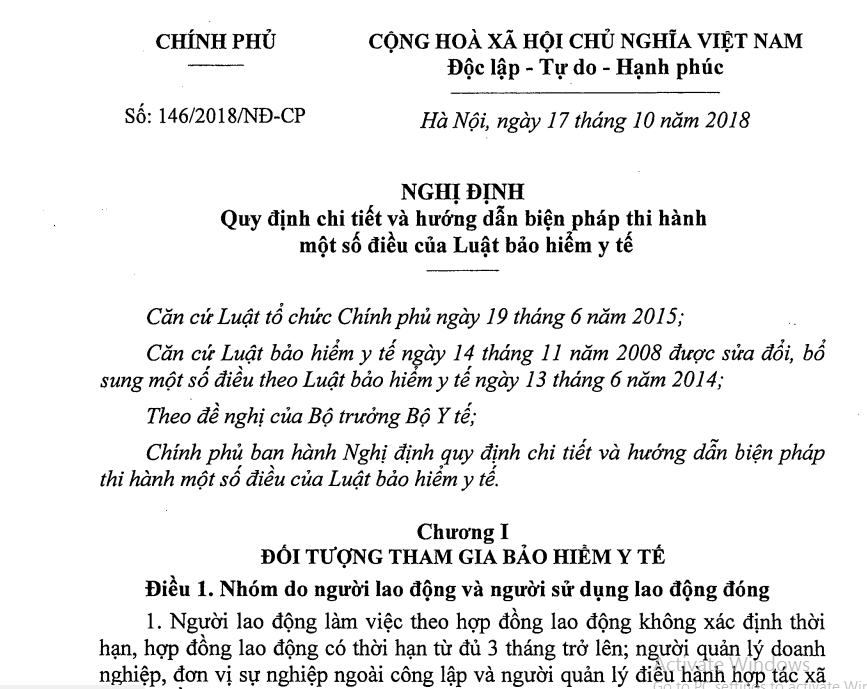
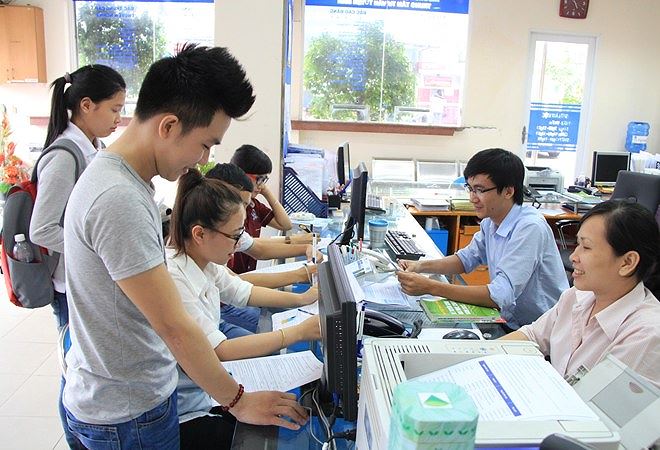
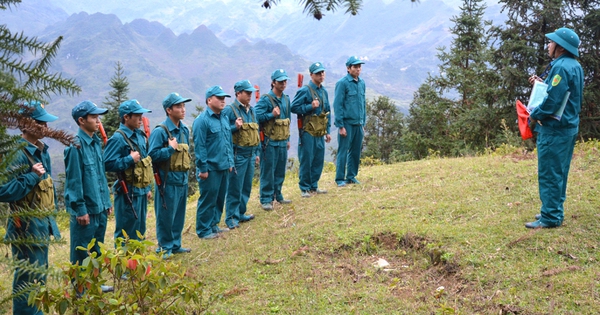
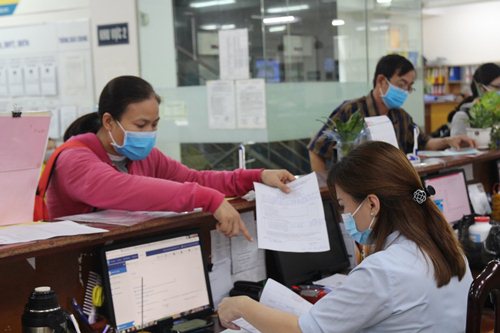
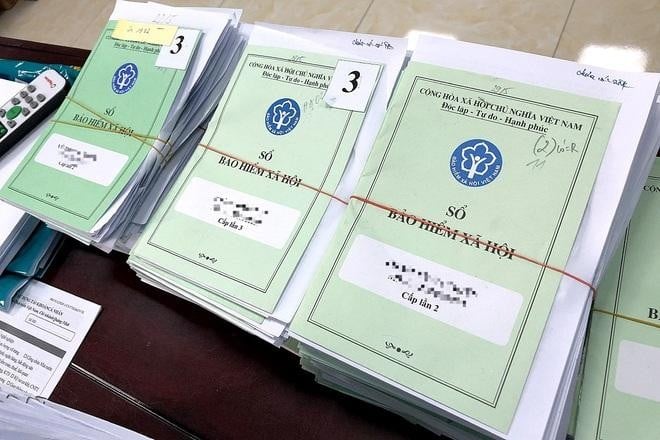



.Medium.png)
.Medium.png)
.Medium.png)
.Medium.png)
